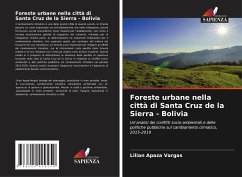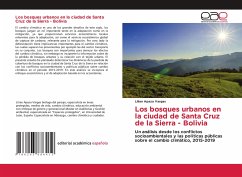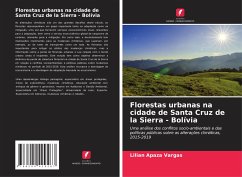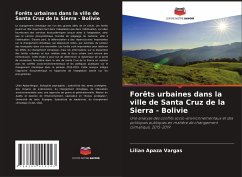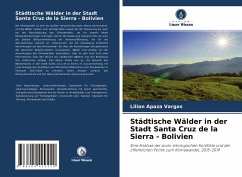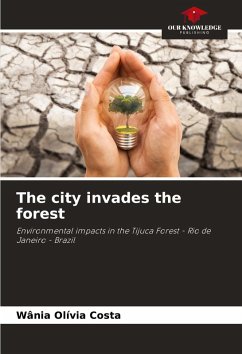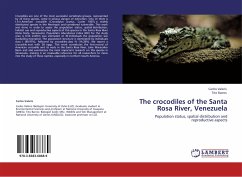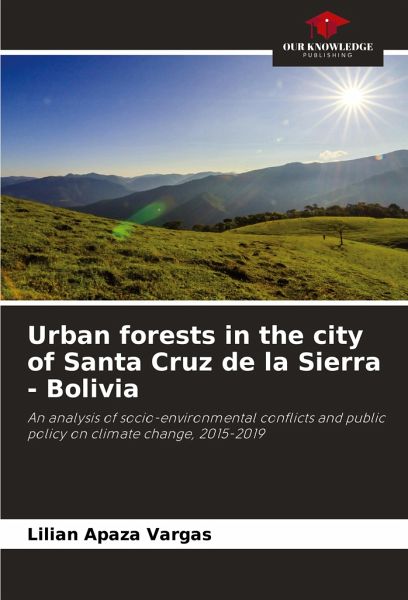
Urban forests in the city of Santa Cruz de la Sierra - Bolivia
An analysis of socio-environmental conflicts and public policy on climate change, 2015-2019
Versandkostenfrei!
Versandfertig in 6-10 Tagen
29,99 €
inkl. MwSt.

PAYBACK Punkte
15 °P sammeln!
Climate change is one of the great challenges of this century, and forests play an important role in both adaptation and mitigation, as they provide local ecosystem services relevant to adaptation, as well as the global ecosystem service of carbon sequestration, relevant to mitigation. On the other hand, deforestation has important implications for climate change, which exceed those of, for example, the transport sector as a whole. Forests are important for mitigating the effects of climate change, but information on the loss of urban forests and their relationship with the urban fabric is sti...
Climate change is one of the great challenges of this century, and forests play an important role in both adaptation and mitigation, as they provide local ecosystem services relevant to adaptation, as well as the global ecosystem service of carbon sequestration, relevant to mitigation. On the other hand, deforestation has important implications for climate change, which exceed those of, for example, the transport sector as a whole. Forests are important for mitigating the effects of climate change, but information on the loss of urban forests and their relationship with the urban fabric is still incipient. The present study has set out to determine the dynamics of forest cover loss in the city of Santa Cruz de la Sierra in relation to socio-environmental conflicts and public policies on climate change in the period 2015-2019. This analysis incorporates the ecosystem approach and ecosystem-based adaptation.



